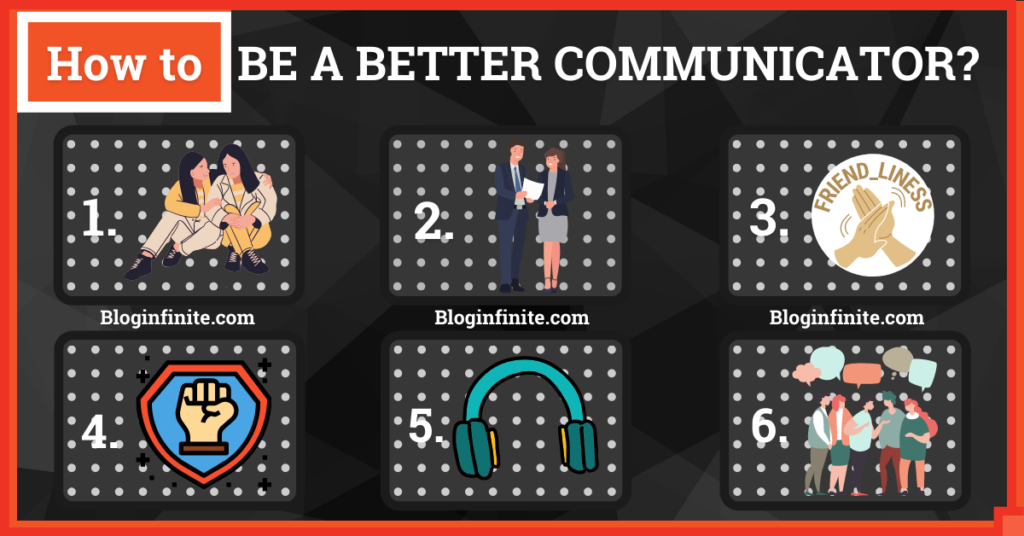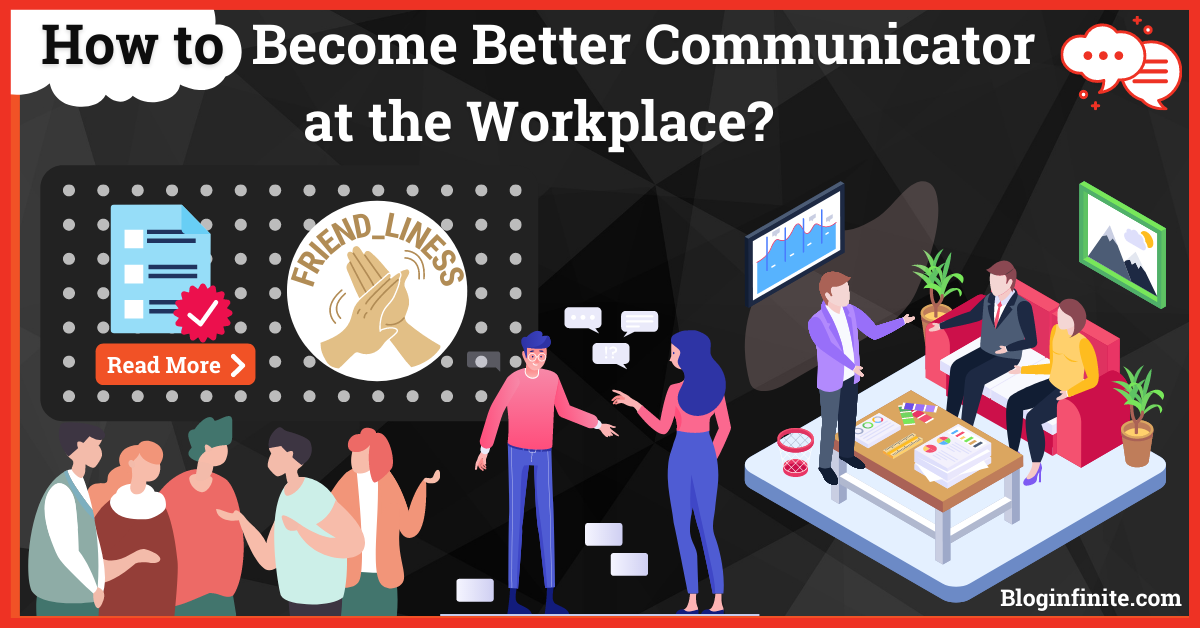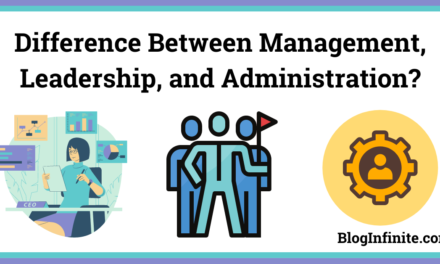Table of Content
Introduction
In This Blog, We will explain to you how to become an effective communicator in the workplace.
Workplace communication refers to interactions in professional situations such as meetings, feedback, and reporting. A tiny portion of this communication also relates to the synchronicity among co-workers made by pleasant connections, which is critical for sustaining a healthy, productive workplace. The goal of this article is to address one of the most serious problems in today’s workplaces: inadequate communication.
Excellent communication skills became a concern for businesses and individuals as work settings transitioned to a remote environment during the pandemic. The necessity of good communication has only risen. Why? There’s plenty of chance for disputes and misunderstandings when there’s no face-to-face contact.
Such problems can be avoided by learning skills that aid in the clear and efficient expression of ideas.
Negative Impacts of Ineffective Communication
It is critical to comprehend what constitutes poor communication and how it affects the workplace.
Ideas are not fully comprehended in a terrible communication setting. The feedback isn’t thorough and might sound offensive. Even after hearing the entire concept, there is always some level of ambiguity. As a result, there is the possibility of a conflict amongst co-workers. Furthermore, poor workplace communication affects employee productivity.
Features of Good Communication
Lumen, an online courses website, has developed a 7C strategy to maintain effective communication. The 7 C’s are Clear, Concise, Concrete, Correct, Coherent, Complete, and Courteous.
Effective communication must maintain clarity throughout the delivery of their ideas. When communicating in an official environment, the information shared must be from a credible source.
There are many elements in a general or professional conversation. Therefore, in this article, we have listed below some of the universal features in the conversation that can help build good conversational skills.
How to Be a Better Communicator?
Before concentrating on the workplace, it is vital to concentrate on developing interpersonal skills. A job seeker or working professional must study the values and attempt to improve these abilities regularly.
To improve as a communicator, a speaker must first be able to recognize the appropriate audience. The tone of the message should always be appropriate for the target audience. (For example, what level of formality and informality should the speaker have?)
Collaboration is something that a skilled communicator is continually working on. The effectiveness of communication is significantly influenced by the speaker’s body language.
A competent communicator is confident in his words. People pay close attention to someone confident. Your speech will be more trustworthy and dependable if you are confident. Furthermore, it enhances the dialogue.

1. Empathy
Empathy in communication refers to letting other people’s perspectives on your thoughts. The opinions of all participants in a conversation are heard and shared openly through this practice of active listening. Empathy allows the speaker to connect with the listener’s emotions and points of view.
2. Concision and Clarity
Good communication skills necessitate the ability to communicate thoughts or ideas in a concise, coherent manner. When the speaker begins to ramble, the listener’s mind becomes even more confused. You may provide some visuals to help with clarity. This frequently engages the listener, but be careful not to stray too far from the issue.
3. Friendliness
Before you start speaking, people often start to form a judgment based on behavior. Nobody listens to a rude speaker but everyone loves a friendly person to give a talk. The same applies in workplaces too. Therefore, maintaining a cordial relationship with co-workers is a must to keep effective communication.
4. Confidence
Confidence is required to excel in the work environment. When you’re not confident in what you speak or don’t have the knowledge to make it sound credible, nobody will take your ideas seriously. Further conflicts may arise from such a situation.
To build confidence, conduct thorough research and make your knowledge base as wide as possible. With confidence, you will sound more credible and reliable.
5. The Power of Listening
The above-mentioned points will help you build your skills in expressing your ideas. But even before you start talking, you should listen to what the person before you are expressing.
Effective communication involves actively listening and expressing your ideas.
By giving your full attention to the speaker, you will be able to present your ideas in a more coherent manner which will effectively engage your audience.
6. Keeping the communication lines open
You might have seen conversations getting violent due to some disagreement on a certain topic. In workplaces, such type of interactions often leaves negative impressions on co-workers.
How can you avoid such habits?
Always keep an open mind when you’re interacting with your co-workers. Present your opinions with evidence from credible sources. And make sure you practice active listening to avoid miscommunication.
Conclusion
Effective communication in the post-pandemic era is critical to establishing a productive and healthy work environment. Bad communication results in a diminished overall working capability of the employees. The working professionals and job seekers need to communicate effectively and clearly in professional settings of meetings, reporting, and feedback. By avoiding proper training, the issues arising from ineffective communication can be eliminated.
If you have any queries regarding this blog you can comment down below and also can contact us on our contact page. If you Want to write for us you can apply for it at Write For Us.












